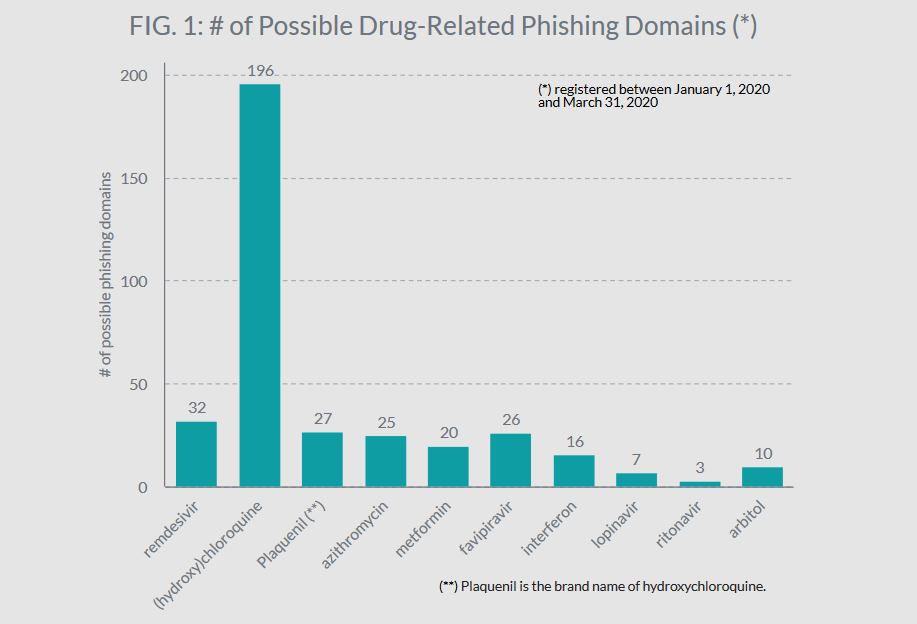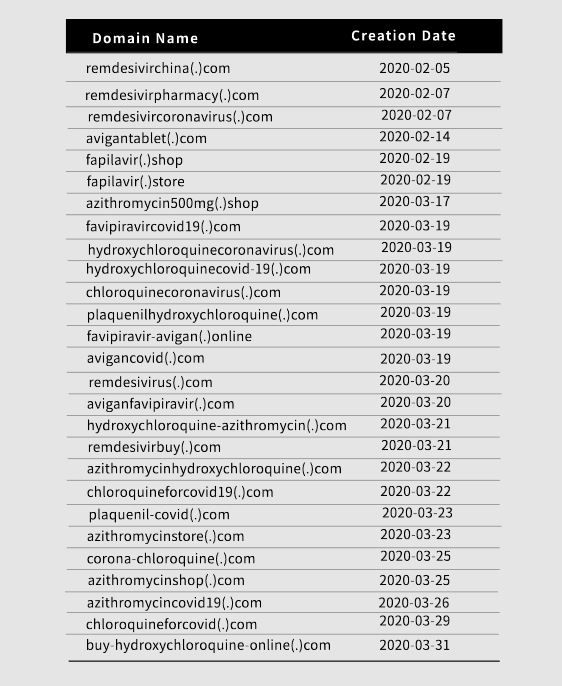As the global scientific community struggles to try to find a cure for COVID-19, rumors are circulating on the Internet that hydroxychloroquine and chloroquine may be used as a treatment. Recently, NormShield researchers have faced an outbreak of malicious websites and phishing scams that take advantage of the fears of some users, promoting the purchase of drugs.
Scientists indicate that there is insufficient evidence to prove whether drugs traditionally used in the treatment of malaria are, in fact, beneficial in the treatment of COVID-19 and that experimental use can be harmful. However, political and public figures like Donald Trump, Jair Bolsonaro or Elon Musk have been talking and even promoting its use as an experimental treatment.
According to the NormShield report, about 362 websites promoting drugs as a treatment for the disease have been identified since January this year. In the vast majority of fraudulent pages, cybercriminals aimed to extort large sums of money from the most unwary users.

Many of the websites found by the NormShield team contain payment options in order to steal information from bank cards, sending users to the virtual payment box. While some may consider them to be minimally credible pages, the truth is that they are not and all orders placed will not reach the orderer after the transaction has been completed.

The researchers demonstrate that the attackers were aware of the news concerning hydroxychloroquine and chloroquine, as well as the search trends of users. The investigation reveals that the wave of scam websites started after Donald Trump started talking about using drugs in March.
Remember that as the pandemic intensifies, computer attacks increase. In early April, Check Point Research stated that it detected an average of 2,600 cyber attacks per day, and even recorded a peak of 5,000 on March 28.
For example, one of Europol's most recent reports reveals that cybercrime has increased exponentially and criminals have been betting on phishing and ransomware campaigns. The sexual exploitation of children via the Internet has also increased and is worrying the authorities.
